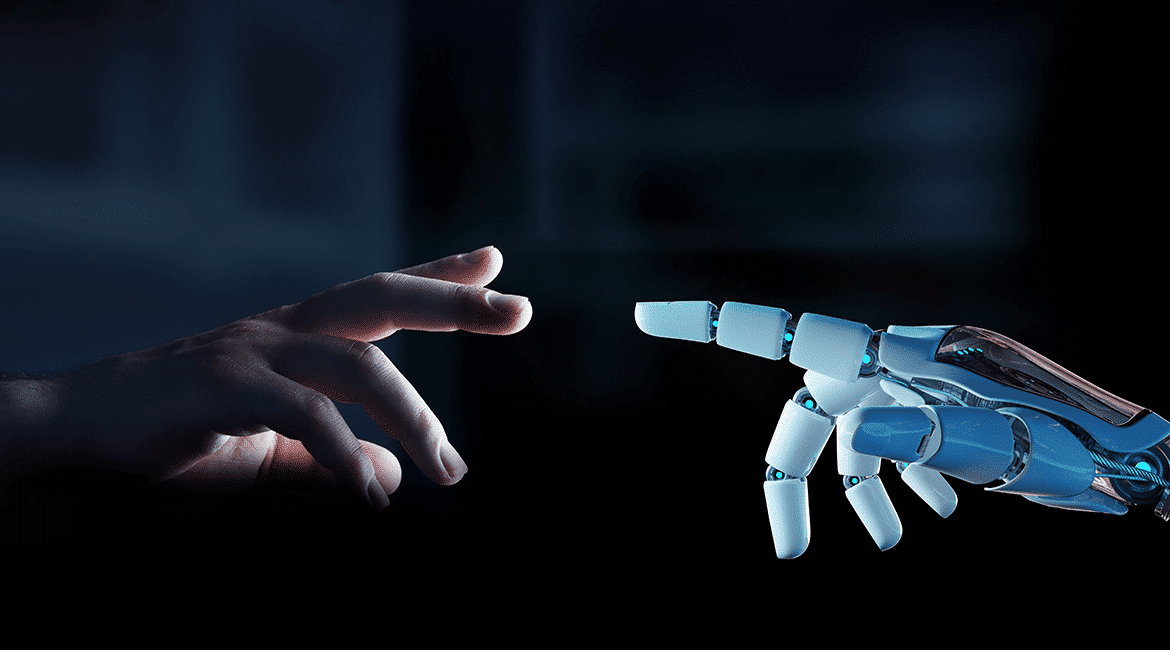Artificial intelligence (AI) has definitely found its place in our everyday lives. From Siri to Alexa, digital voice assistants use AI to help us with simple tasks, such as reminding us about appointments, adding items to our grocery lists, or even making calendar entries. By simply saying, “Hey Siri,” our requests are automatically taken care of without any stress! For businesses alike, AI helps manage routine work or handle customer service requests using chatbots.
In HR, specifically, AI has found its place in the recruitment function. Many of us understand the importance of talent for achieving business success. However, finding the right talent through human effort is often complicated and time-consuming. This is why HR technology companies have designed AI-powered applicant tracking systems (ATS) to minimize these challenges.
So, how can AI help you succeed in hiring? Here are a few ways:
AI saves time: Recruiters have often expressed their frustrations in finding the right candidates among a high volume of applicants. Due to the time constraints associated with a recruiter’s job, they may disregard a large portion of their talent pool when identifying qualified candidates for their talent pipeline. With an AI-powered ATS, you can streamline the sourcing and screening phases by automating time-consuming and repetitive tasks like screening resumes, sending emails, or scheduling interviews. AI also helps increase chances of success because it frees up recruiters’ time to develop relationships with top-ranking candidates or focus on filling more difficult job positions.
AI ranks suitable candidates: It’s typical to receive hundreds to thousands of applications after advertising an open position. To the hiring manager, finding the best candidates could be likened to finding a needle in a haystack—but that’s much easier using AI software! By matching resumes to job postings, AI has the exceptional ability to filter through all the applications and rank the top candidates for the hiring manager, making the screening process a lot more manageable.
AI reduces human biases: Implicit biases, which kick in when sourcing and screening candidates, tend to exclude many qualified candidates from the talent pipeline. Some recruiters or hiring managers prefer to select candidates based on gut feelings. While others focus primarily on “promising candidates” from top schools or prioritize employee referrals. These practices can produce a non-diverse pool of candidates – people of the same gender and race or similar educational backgrounds. However, AI helps to reduce those human biases by matching candidates to the job description. Even though some experts would argue that AI algorithms can be as biased as the person who programmed them, those biases can be corrected—and that’s something we can’t quickly achieve with humans.
In conclusion, AI improves your chances of success during hiring through better efficiency. However, that doesn’t mean we should lose the human touch to recruitment because we will always need to apply both human and artificial intelligence when making hiring decisions. To learn more about how AI can assist your small and midsize businesses (SMBs) with hiring, you can start your 14-day free trial now with Hirebee and get all the benefits of using our AI applicant tracking software.









